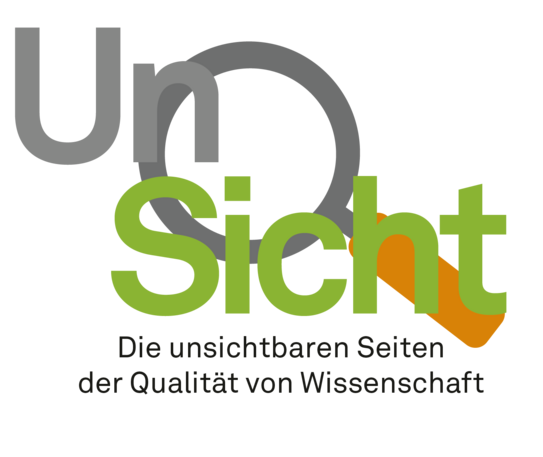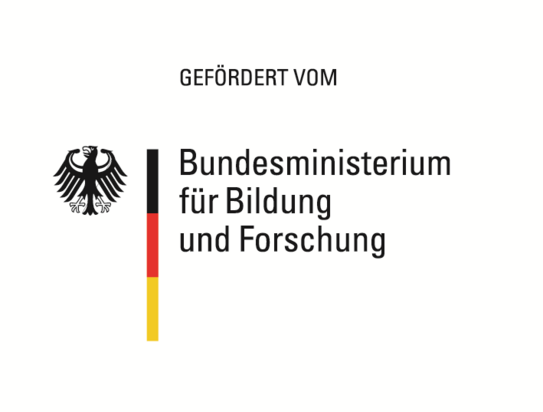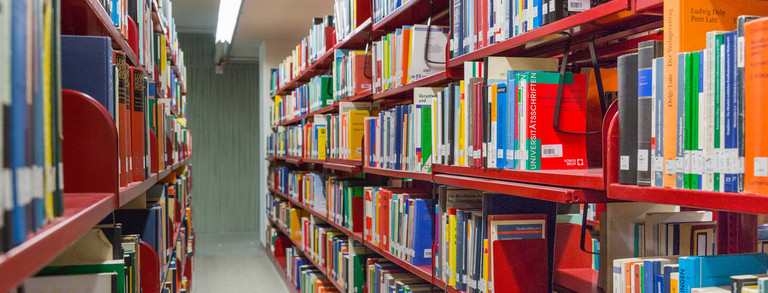UnSicht - The invisible sides of the quality in science
With their appointment, professors in Germany generally receive a "chair" to fulfill their performance requirements in research, teaching, academic self-administration and training of young academics. All of these tasks and activities require both individual and collective commitment and often remain invisible to outsiders. Therefore, these smallest (partially) autonomous organizational units at universities are on the one hand the germ cells ("nuclei") and on the other hand the black boxes of the production and reproduction of science.

Because science is produced collectively, internal organizational principles, rules and division of labor are elementary for the accomplishment of academic tasks. This is especially true for activities such as (1) writing journal articles, which serve to communicate one's own results and findings, (2) acquiring external funding, which is indispensable for financing research in most research fields, and (3) writing reviews for academic peer-review procedures, as an established and accepted instrument for quality assurance of research and science. These aforementioned tasks are usually tackled collaboratively at chairs and can rarely be attributed to individual efforts of scientists.
In this research project, we therefore investigate in more detail how chairs are organized. We are particularly interested in how the actions, motivation, and productivity of teams and their members are influenced by factors such as group size, leadership behavior of the chair-holding professors, and staff recruitment.
As examples, we take a look at different disciplines/subjects:
- Biology
- Business administration
- Sociology
- Mechanical engineering
The use of diverse survey and evaluation methods enables us to analyze chairs and their boundaries as well as internal processes from different perspectives.
Project period: 01.11.2020 to 31.10.2023



